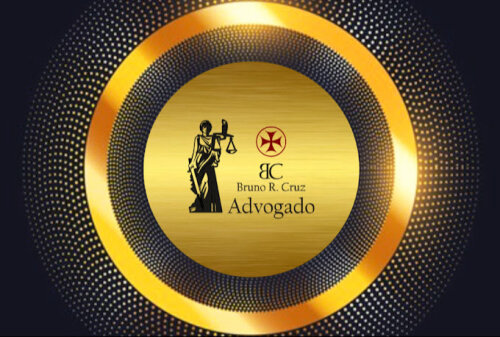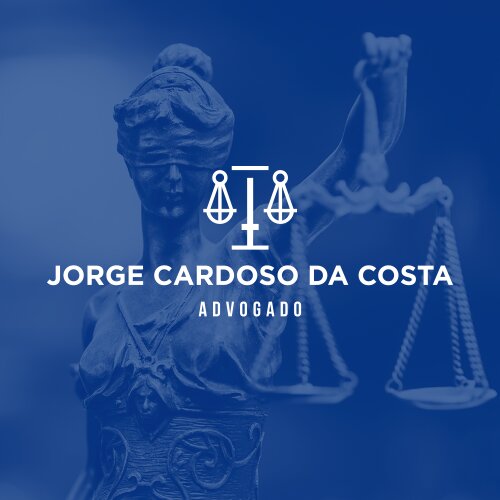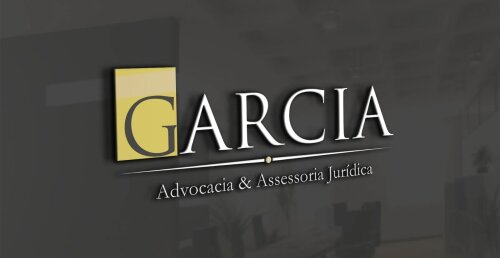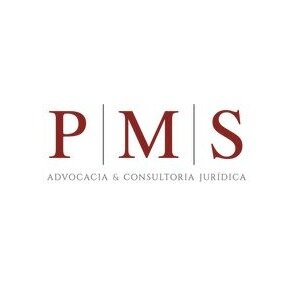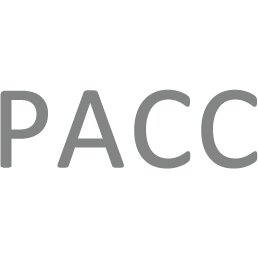Best Native People Lawyers in Portugal
Share your needs with us, get contacted by law firms.
Free. Takes 2 min.
Or refine your search by selecting a city:
List of the best lawyers in Portugal
About Native People Law in Portugal
Native People Law in Portugal deals with the rights, recognition, and integration of various indigenous communities and ethnic minorities within the country. While Portugal does not have native populations in the traditional sense, there is a significant focus on respecting cultural heritage and the rights of minority groups, such as the Romani people or communities from former Portuguese colonies. Legal frameworks are in place to ensure protection against discrimination, promote inclusion, and preserve cultural identities.
Why You May Need a Lawyer
There are several situations where legal assistance might be necessary for individuals dealing with Native People issues in Portugal. These include navigating discrimination or human rights violations, seeking protection for cultural heritage, handling cases of cultural appropriation, resolving conflicts over land use or property rights, and understanding local laws and international treaties that pertain to the rights and recognition of minority groups. A lawyer can provide essential guidance and representation in these complex situations.
Local Laws Overview
Portugal's legal system has adapted various international conventions and treaties, such as the EU directives on anti-discrimination, which are crucial for protecting minority groups. Key aspects relevant to Native People or minority groups involve anti-discrimination laws, cultural preservation mandates, and property rights. The Portuguese Constitution also has provisions that guarantee equality and no discrimination based on race, language, or nationality. Efforts to integrate minority communities socially, economically, and politically are guided by laws that demand their involvement in decision-making processes affecting them.
Frequently Asked Questions
Are there any native tribes in Portugal?
No, Portugal does not have tribes traditionally considered as indigenous; however, it is home to minority groups such as Romani people.
What laws protect the rights of minority groups in Portugal?
The Portuguese Constitution and anti-discrimination laws protect minority groups, supported by various EU regulations.
Can someone from a minority group own land in Portugal?
Yes, individuals from minority groups can own land, and legal frameworks are in place to protect property rights for all citizens.
What should I do if I face discrimination in Portugal?
Consider seeking legal advice immediately to understand your rights and the remedies available under Portugal’s anti-discrimination laws.
Does Portugal have laws against cultural appropriation?
While specific laws on cultural appropriation may not exist, broader anti-discrimination and cultural preservation laws apply.
How are minority cultural rights preserved in Portugal?
Portugal adheres to cultural preservation mandates, encouraging the protection and promotion of minority cultural expressions.
Can minority group concerns influence local policy in Portugal?
Minority groups are encouraged to participate in policymaking, particularly in matters directly affecting their communities.
What governmental bodies handle issues related to minority people?
The High Commission for Migration and other governmental bodies oversee policies concerning minority integration and rights.
Is legal aid available for minority group legal issues?
Legal aid may be available, particularly if the issues pertain to discrimination or human rights; consulting with a legal professional is advisable.
How important is it to engage a lawyer for Native People issues?
Engaging a lawyer is crucial to navigate the complexities of the legal system and ensure that rights are protected and advocated correctly.
Additional Resources
Individuals seeking legal advice on Native People matters in Portugal may find the following resources helpful: the High Commission for Migration, the Commission for Equality and Against Racial Discrimination, local NGOs focused on minority rights, and community legal clinics. These organizations provide support, guidance, and advocacy for minority groups and their legal needs.
Next Steps
If you require legal assistance related to Native People issues in Portugal, consider the following steps: seek a consultation with a lawyer experienced in human rights or minority law, gather relevant documents and evidence related to your issue, and explore available resources and organizations that specialize in legal aid or advocacy for minority groups. Taking these steps can help you navigate the legal landscape effectively and protect your rights.
Lawzana helps you find the best lawyers and law firms in Portugal through a curated and pre-screened list of qualified legal professionals. Our platform offers rankings and detailed profiles of attorneys and law firms, allowing you to compare based on practice areas, including Native People, experience, and client feedback.
Each profile includes a description of the firm's areas of practice, client reviews, team members and partners, year of establishment, spoken languages, office locations, contact information, social media presence, and any published articles or resources. Most firms on our platform speak English and are experienced in both local and international legal matters.
Get a quote from top-rated law firms in Portugal — quickly, securely, and without unnecessary hassle.
Disclaimer:
The information provided on this page is for general informational purposes only and does not constitute legal advice. While we strive to ensure the accuracy and relevance of the content, legal information may change over time, and interpretations of the law can vary. You should always consult with a qualified legal professional for advice specific to your situation.
We disclaim all liability for actions taken or not taken based on the content of this page. If you believe any information is incorrect or outdated, please contact us, and we will review and update it where appropriate.
Browse native people law firms by city in Portugal
Refine your search by selecting a city.




